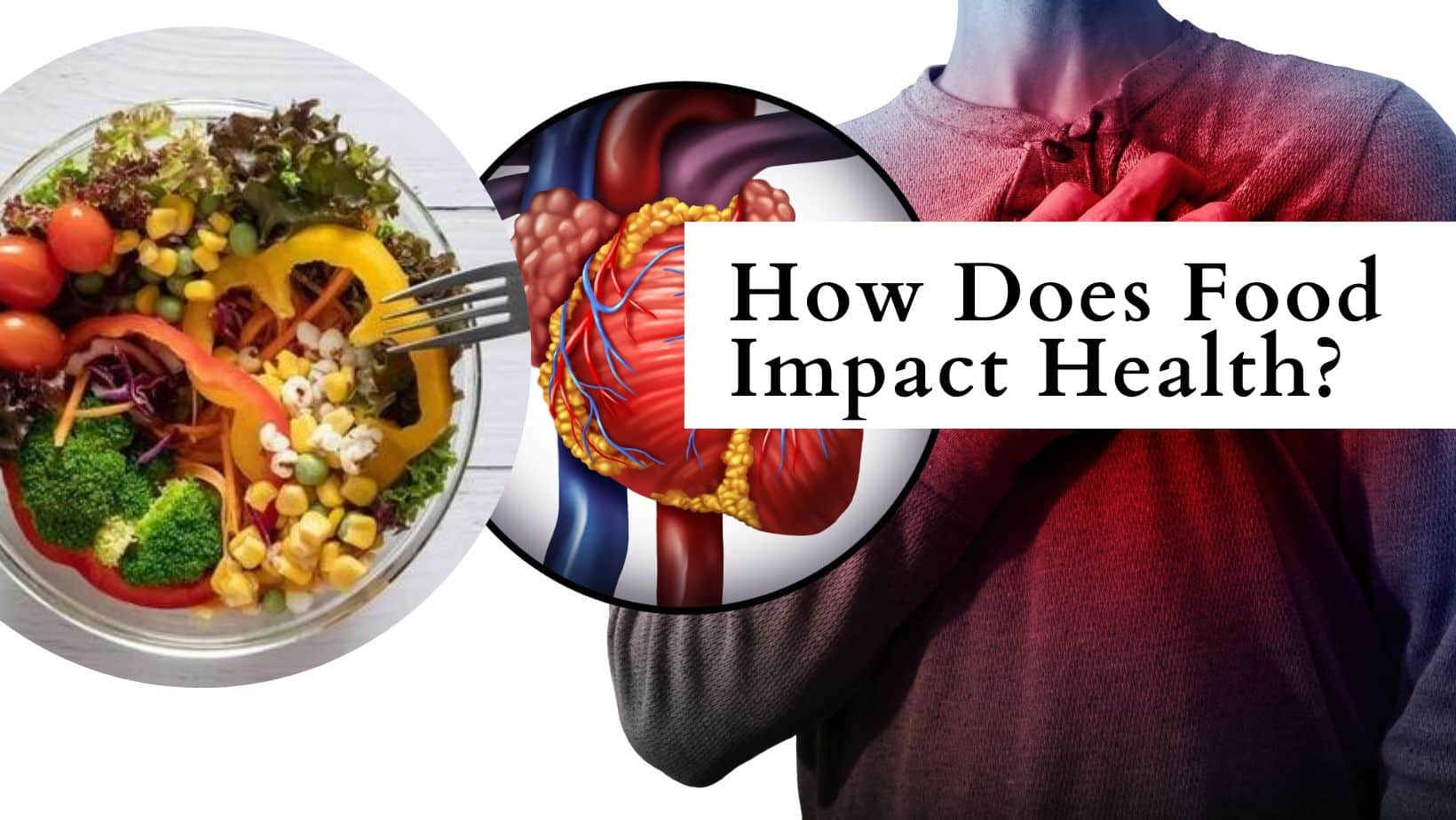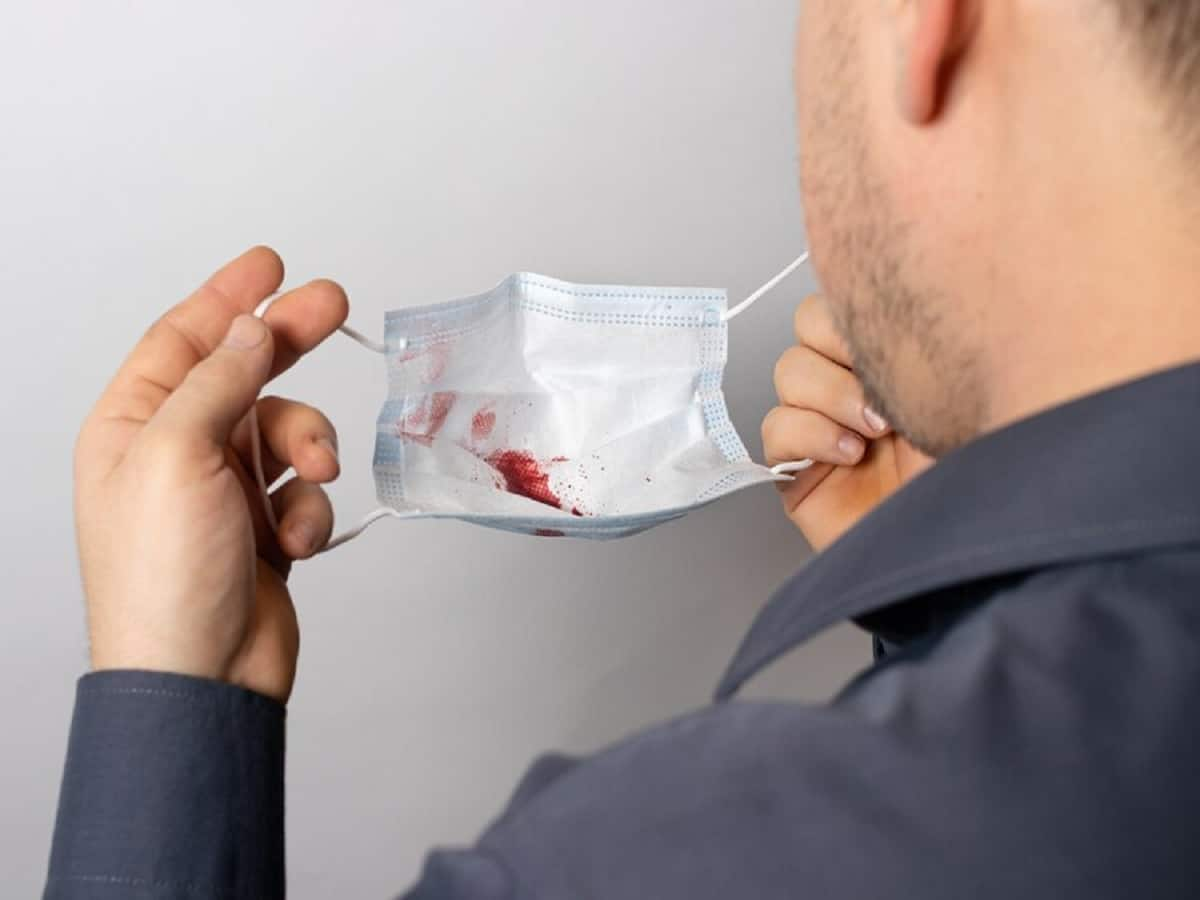Managing Hypertension To Lowering Diabetes: How Does Your Diet Affect Your body
Your body is made up of different parts all these parts are made up of different types of cells that work together to keep you alive and healthy. But, every bit of it depends on what you are eating. Take a look at how your diet affects your health.
The foods you add to your plate on a regular basis can have a big impact on your health. Yes, you read that right! What you eat is what helps your body to stay fit and move on the right track. If your diet is healthy, your body remains healthy. And, if you are not following a proper diet, your body may show up symptoms of deficiencies. You might think that the foods you eat are just what you like to eat, but in reality, your diet has a lot of factors that affect it. In this article, Dr. Rohini Patil, a Nutritionist, who specializes in the field of Diet and Nutrition. Founder and CEO of Nutracy Lifestyle, tells you how your daily diet affects your body, in general, and your overall health. So, without any further adieu, let’s get directly into the topic.
How Does Your Diet Affect Your Overall Body?
Your body is made up of different parts the muscles and bones are just two of them. All these parts are made up of different types of cells that work together to keep you alive and healthy. When you change your diet, this can affect how well all these cells function at the same time.
The first thing to know about how your diet affects your body is that it affects all systems in your body at once not just one system or another. For example, when you eat foods high in protein, they can help build muscle while also boosting energy levels and immune function. However, if those same foods aren’t balanced with other nutrients such as vitamins and minerals, they may not provide all the benefits they could have done for you.
Here’s How Your Diet Affects Your Body
Physical Health
It helps you live longer. A healthy diet can help you live longer by keeping blood sugar levels stable and helping the body use less insulin for energy. It may also help lower your risk of heart disease, stroke, diabetes, high blood pressure and some types of cancer.
It protects your bones and teeth. A healthy diet is rich in vitamins K and D; calcium; protein; potassium; sodium; magnesium; phosphorus; zinc; manganese; selenium and certain other nutrients that strengthen bones and teeth.
It improves digestion. Diets low in fiber may irritate the stomach lining which can lead to symptoms like gas bloating belly pain abdominal cramping or diarrhoea.
Mental Health
A healthy diet may help you live longer, but it also plays an important role in your mental well-being. A balanced diet is essential for good mental health.
Your diet can have a huge impact on your mental health. If you eat the right foods, you will have more energy and be less likely to get depressed or anxious. You may also feel better if you eat a balanced diet that includes plenty of fruits and vegetables.
Here’s How Changing Your Diet Can Make a Difference
A diet high in processed food and junk food can lead to depression and anxiety. Eating too much fast food can lead to weight gain, which could contribute to an unhealthy lifestyle. Eating too much sugar or other carbs can lead to mood swings and irritability, which might make you more likely to pick fights with others.
When you eat healthy, it can help you feel good about yourself because it boosts your self-esteem. When people are happy, it makes them less likely to get sick. They also have more energy and perform better at their jobs which obviously helps your career!
Eating well also helps boost brain power by maintaining healthy levels of glucose in the bloodstream (which helps protect against memory loss). If you’re not getting enough carbs or protein in your diet, this could cause an imbalance in your body that leads to poor concentration and an increased likelihood of depression or anxiety
Water Is Essential For All Body Functions
Water is necessary for life. It plays a key role in the body’s functions by helping to regulate body temperature, blood pressure and the distribution of nutrients throughout the body.
Water helps your body stay hydrated. When you aren’t drinking enough water, your body will start retaining sodium (salt). This can cause water retention which causes bloating and puffiness around the face or stomach area. Water retention can also cause headaches and fatigue if not eliminated through proper hydration.
Water helps regulate your body temperature by keeping it at 98.6 degrees Fahrenheit (37 C), which is the average temperature of a human body. Water also helps maintain proper muscle function and circulation by keeping blood flowing properly through arteries and veins.








